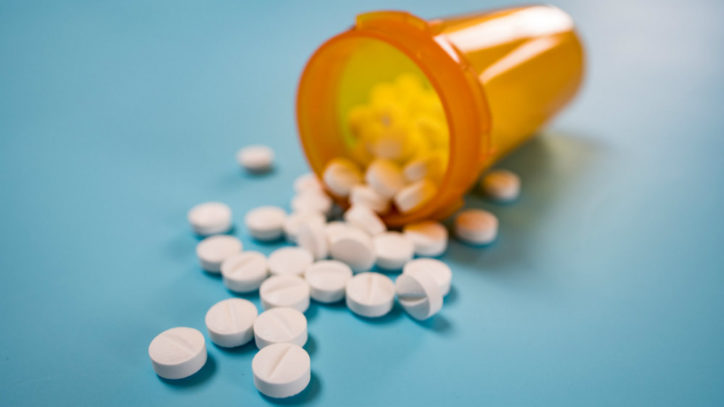
In accelerating equity markets, it can be difficult to find value, and one stock that has flown under the radar is Medicure (TSX:MPH). With a market capitalization of roughly $107 million, Medicure is a small-cap stock with serious upside. The company’s strong balance sheet and expanding product pipeline leaves it well positioned to be a key player in the growing cardiovascular therapeutics market.
With the S&P 500 Healthcare Index earning annualized returns of approximately 12% since 2014, there is reason for investors to be bullish on the medical industry. One key driver of health-sector growth is an increasing aging population, which will enhance demand for efficient, affordable care. With this in mind, investors looking for exposure in the healthcare sector will benefit from companies with a specialized focus on delivering treatments to large markets at a reasonable price.
Cardiovascular disease (CVD) is the leading cause of death globally and accounts for a quarter of total annual deaths in the United States. In fact, John Hopkins Medicine estimates that nearly 84 million Americans suffer from some type of CVD. Hence, it is clear that the U.S. provides a robust market for CVD therapeutics, and specialty companies such as Medicure stand to benefit.
Medicure is headquartered in Winnipeg, Manitoba, and has a handful of operating subsidiaries in the U.S. and Barbados. The company targets hospitals with a premier focus on the sale of Aggrastat—a tirofiban hydrochloride injection. Tirofiban actively deters blood clotting, which can dramatically reduce the risk of heart attacks and other cardiovascular events.
In addition to Aggrastat, Medicure has a handful of other cardiovascular therapeutics available to the public. For example, two products currently sold by Medicure include Zypitamag and a sodium nitroprusside injection. Zypitamag works to lower bad cholesterol and the nitroprusside injection offers an immediate solution to high blood pressure.
So, why is Medicure worth a closer look?
1. Strong fundamentals
Over the past few years, the company has consistently generated revenues in the mid to upper $20 million range and has ample cash on the books to potentially build a stronger product pipeline. In addition to having a healthy amount of cash, Medicure’s balance sheet has seen a significant reduction in debt which further stabilizes the company’s financial position. However, if the management team decides to allocate excess cash to research and development (R&D) initiatives, the company could also profit (queue point two).
2. Investment in R&D
Medicure has gradually increased investment in R&D on a year-over-year basis as the company scales up for clinical trial advancement. Diversifying away from the CVD market, Medicure’s product Taradoxal treats a neurological disorder called Tardive Dyskinesia (TD). With no present FDA-approved treatment for TD, Taradoxal could be an impending game-changer that is currently in phase IIa of clinical trials.
3. Historical return on assets
Through a series of transactions spanning from 2014 to 2017, Medicure secured a majority interest in Apicore. In late 2017, the company sold Apicore for US$105 million, which represented a strong return on investment.
Conclusion
Given the aforementioned catalysts, Medicure should be added to the watch list for the possibility of wholesome returns.
Fool contributor Tom Hoy has no position in the companies mentioned.